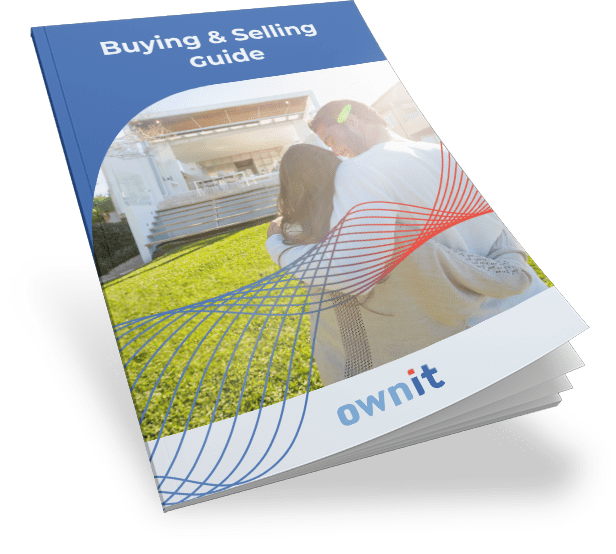Q. What are the essential elements of a Contract of Sale on lands?

A. Generally, the position is as set out below. This is a complex area and the summary below is only a brief overview of the position. A more detailed consideration may be needed in individual cases.
Below are the list of Essential Elements of a Contract of Sale on lands
1. Generally, a Contract for the sale and purchase of land will exist when the parties have reached an agreement on the terms of the Contract. Usually this is by a process of offer and acceptance of the terms. Where a standard form of written Contract is signed it is apparent from the document that there has been an offer and acceptance and agreement is reached on its terms.
2. There needs to be “consideration” e.g the purchase price specified to be paid in exchange for the purchase of the property.
3. The terms of the Contract need to be certain e.g we suggest that you need to have at least the following elements:
i. the names of the parties including who is the Seller and who is the Buyer;
ii. the consideration e.g the purchase price in exchange for the delivery of the land;
iii. the subject matter of the Contract e.g an accurate description of the property to be sold so that the property can be identified;
iv. if time is of the essence of the Contract, the date for completion must be stated;
v. any other essential terms of the Contract need to be inserted, such as whether the property is subject to an encumbrance.
4. the parties must have intended to be legally bound by the agreement.
5. Because the Contract is for the sale of land, the Contract or a memorandum of the Contract (containing the essential terms if the Contract) must be in writing.
6. the Contract must be signed by all parties or their authorised agents.
7. the parties must have “capacity” to enter into a Contract. Certain classes of people have limited capacities to sign a Contract such as minors and protected persons e.g mentally disables people or bankrupts.
NOTE: a Contract may be void for voidable for the following reasons:
- Misrepresentation
- Misleading or deceptive conduct
- Duress
- Undue influence
- Unconscionable conduct
- Illegality
- Unreasonable restraint of trade
- Mistake
Please feel free to contact Ownit Conveyancing team today if you have any queries regarding the new changes.


